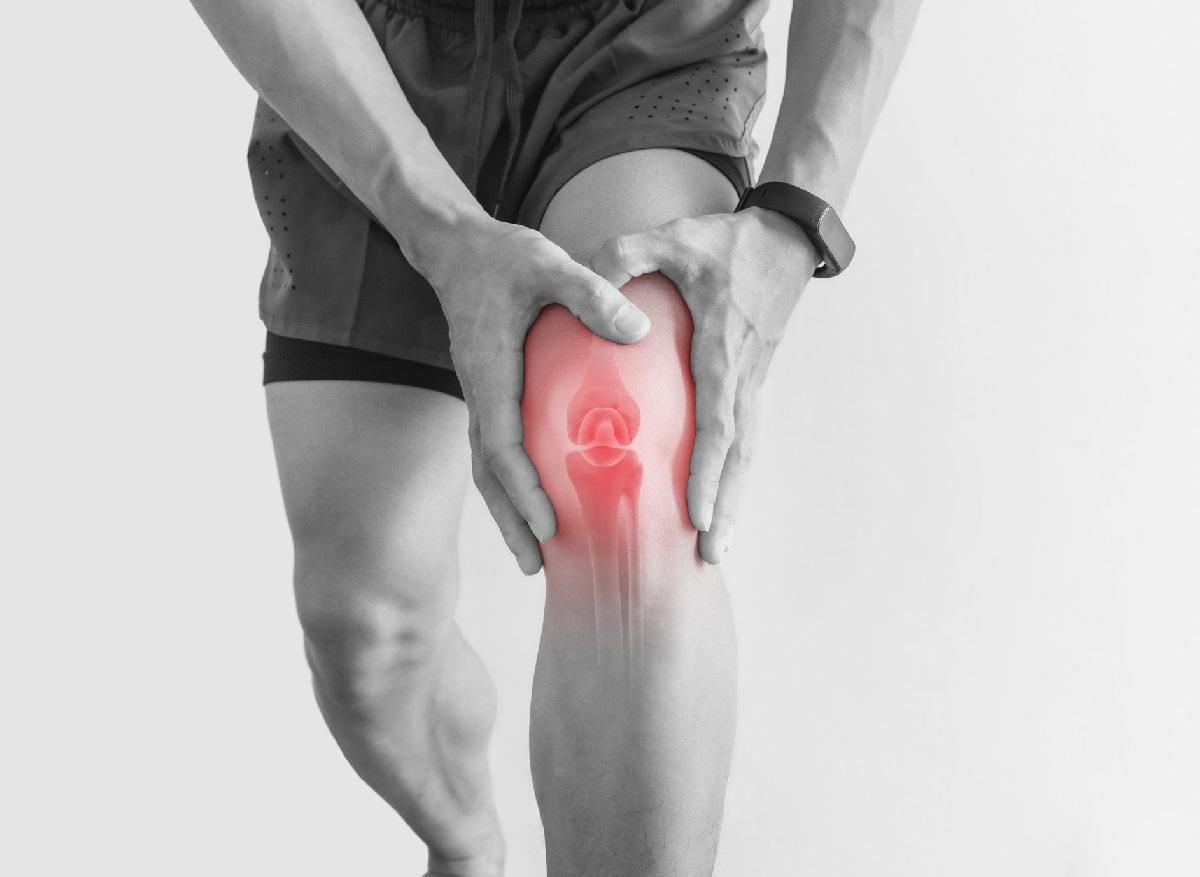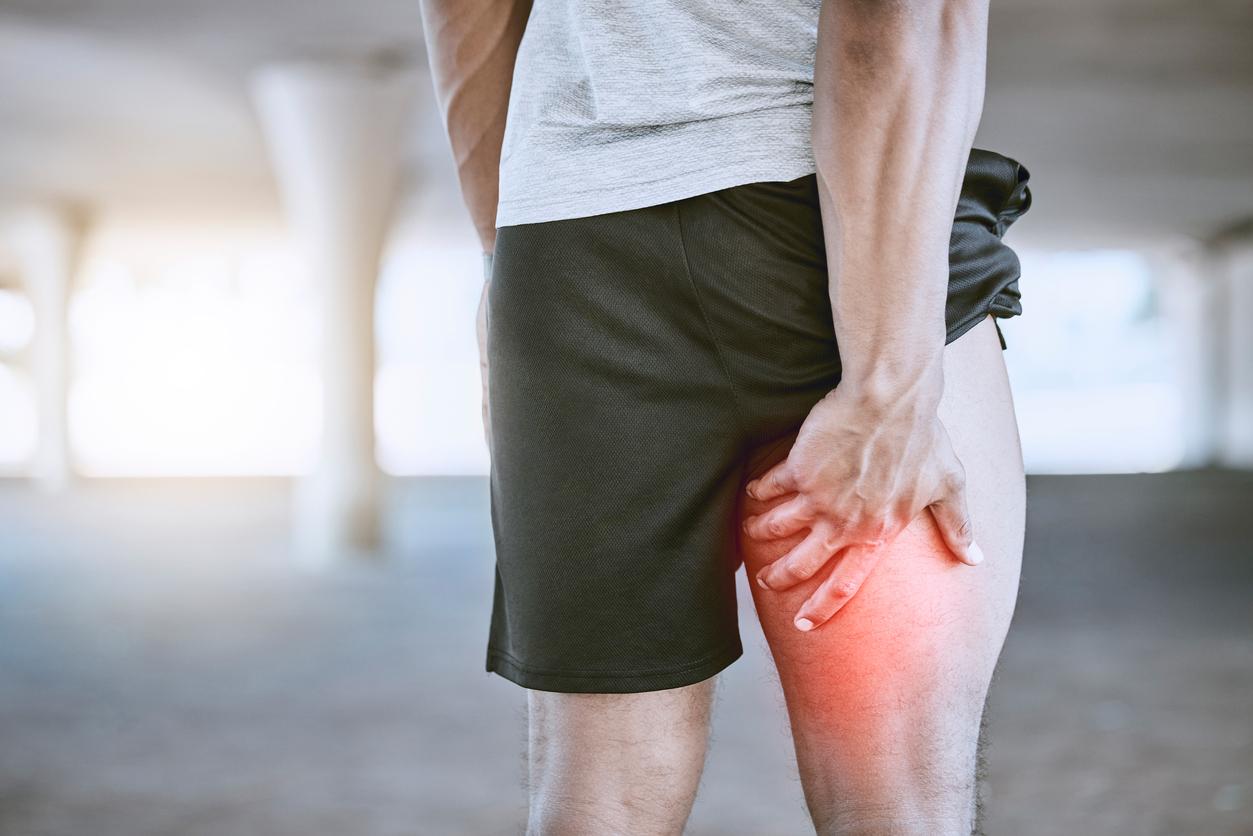People with congenital analgesia never have physical pain. In fact, they cannot feel the sensation of pain, that red flag that alerts the body to danger.
This dysfunction inspires the scientific community which hopes, thanks to the understanding of this mechanism, to be able to design painkillers more effective than those that currently exist. German researchers at Jena University Hospital could be the first to unravel the mystery underlying this congenital analgesia.
The downside with congenital analgesia is that this insensitivity usually leads to injury more often.
Starting from the study of the DNA of a girl suffering from this pathology to that of her parents, the German researchers put forward a mutation of a gene that would block pain signals.
This is the SCN11A gene that controls the development of ion channels in neurons associated with pain. Sodium ions travel through these channels creating a nerve electrical impulse that is sent to the brain, causing pain.
Overexpression of a gene involved
However, the mutation of this gene results in an overactivity of this one which prevents any normal transmission of the electrical signal causing the pain. “The result is a blockage in the transmission of pain signals,” explains Ingo Kurth to New Scientist and author of the study published in the journal Nature Genetics.
To confirm this hypothesis, the researchers inserted a mutation in the SCN11A gene into mice and observed their reaction to pain. Unlike control mice, 11% of rodents with the defective gene presented the same injuries as people with congenital analgesia such as bone fractures or wounds on the skin.
They also took 2.5 times longer to react when their tails were exposed to a heat source, confirming insensitivity to pain similar to that seen in humans.
These first experiences strengthen the conviction of researchers to achieve in the future a Pain killer effective by overactivating the SCN11A gene. “If you could get a molecule that excessively activates SCN11A, that would be a fantastic pain reliever,” confirms Ingo Kurth.


















